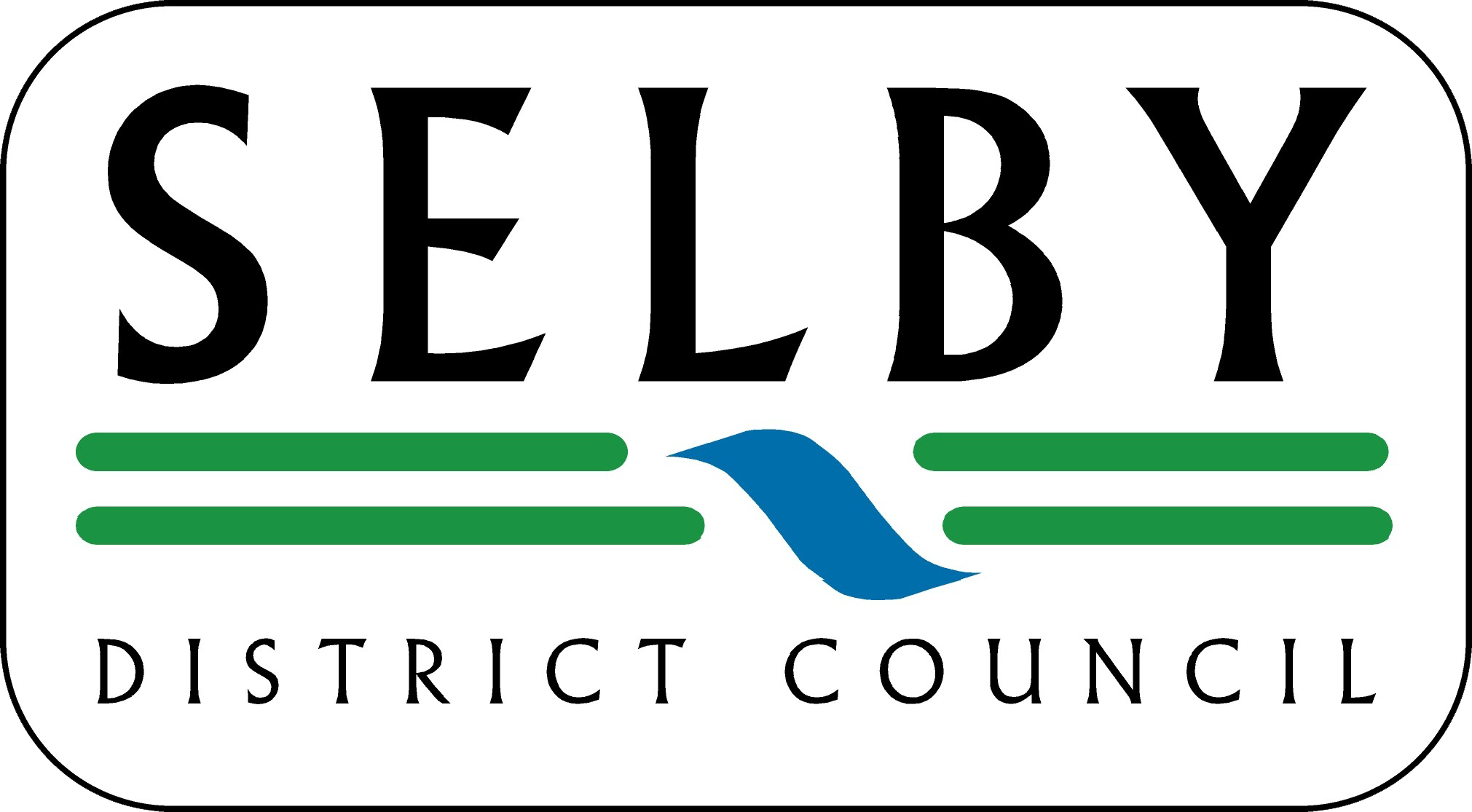Agenda item
Housing Repairs Presentation
The Committee are asked to receive information about delays to housing repairs in the District, as discussed at Council in February 2021. A similar presentation has also been given to the Scrutiny Committee at its meeting on 25 March 2021. A copy of the slides is attached to this agenda.
Minutes:
Members received a presentation from the Head of Operational Services and the Property Management Team Leader about the recent performance of council house repairs and maintenance.
The presentation set out the role and responsibilities of the Council when it came to housing repairs, as well as the performance standards for emergency, urgent and non-urgent repairs, responsive repairs, the improvement programme, safe working during the Covid-19 pandemic (including government guidelines on working in tenants’ homes), the assessment of risks and repairs, the effect of the pandemic on the capacity of the Repairs Team, access to homes during the pandemic and the roadmap to recovery for the service.
Members asked several questions of Officers, who confirmed that non-essential external works had resumed from 12 April 2021. Officers confirmed that some urgent repairs were done during lockdown, but that the policy and primary message sent to tenants was that only emergency repairs would be performed. Some voids work had also been booked and done.
Officers explained that the software system that was in use for managing housing repairs was old and struggling to keep up with the current workload. A great deal of the data was produced manually from records not always held in the system, which made some information difficult to retrieve and interrogate in a meaningful way, i.e., information could not be produced by ward from the system. It was also unable to tell Officers how long jobs had been outstanding for.
Having examined figures in the Officer’s presentation, Members asked about the backlog of P2 (urgent) and P3 (routine) repairs and if there was a record of tenants agreeing to allow workers into their properties. Officers informed the Committee that some tenants had done jobs themselves, but that in general the Repairs Team had caught up on the backlog quickly; there was no record kept of tenants allowing work in their properties during the lockdown.
Members expressed concerns around the handling of requests for repairs from tenants and enquired about the training given to those taking such calls, and how the staff were able to judge how urgent a requested repair was. Officers confirmed that all staff taking such calls were trained comprehensively, but that as tenants were not often technical themselves, there could be some misunderstanding as to what work was needed, and advisors on the phones often had to tease out the detail from tenants and did what they could. There could often be a multitude of issues in one single property.
Officers were currently reviewing the backlog of repairs and looking at government guidance on the matter. One of the options being considered was a job scheduler which would be used to manage a small team who would be tasked with working through the backlog of repairs.
There were 1,383 outstanding non-urgent repairs in 924 properties, some of which were likely to be multiple jobs in single properties, most of which had not yet been contacted. Members noted that as there was no way to record on the system how long such jobs had been outstanding, the length of time for which the requests had been awaiting action was unclear. Officers estimated that the longest period for which tenants had been waiting for repairs was around four months but acknowledged that there could be longer timescales than this due to the recent lockdown.
Officers advised the Committee that in a normal year it would be expected that almost all repairs would have been dealt with; there had been some previous issues with works needed in void properties, but in general the performance of the team had been very good, with very few outstanding.
In terms of a reasonable timescale in which to clear the current backlog, Officers believed that with the usual levels of resource and an additional three members of staff, the repairs could be completed in around three to four months. However, if there were difficulties in recruiting the extra staff, such as electricians, this timescale could be longer. The current restrictions due to coronavirus also meant that each job often took longer, which stretched out the timeline.
Members were pleased to note that Officers would, as a priority, be looking at how the data and information relating to housing repairs was presented to make it more understandable.
The Committee queried whether the Council was potentially being too prescriptive in its risk assessments for trades staff, as some Members had employed both domestic and commercial tradesmen during lockdown and were readily available. Officers explained the legal obligation to tenants and staff as landlord and employer to ensure safety and to balance the risk of potentially spreading coronavirus versus that of undertaking repairs; it was important to be risk averse.
Members expressed the importance of ensuring that the outstanding repairs were done quickly and felt that if figures remained high it may be appropriate to revise or review the current risk assessment criteria.
Lastly, Members were of the view that all tenants calling for repairs should be proactively asked if they were happy for members of the Repairs Team to come into their properties at present; Officers would inform the Contact Centre of this request the following day.
RESOLVED:
The Committee noted the information presented by Officers in the update and requested that all tenants calling for repairs be asked if they were happy for members of the Repairs Team to enter their properties at present.
Supporting documents:
